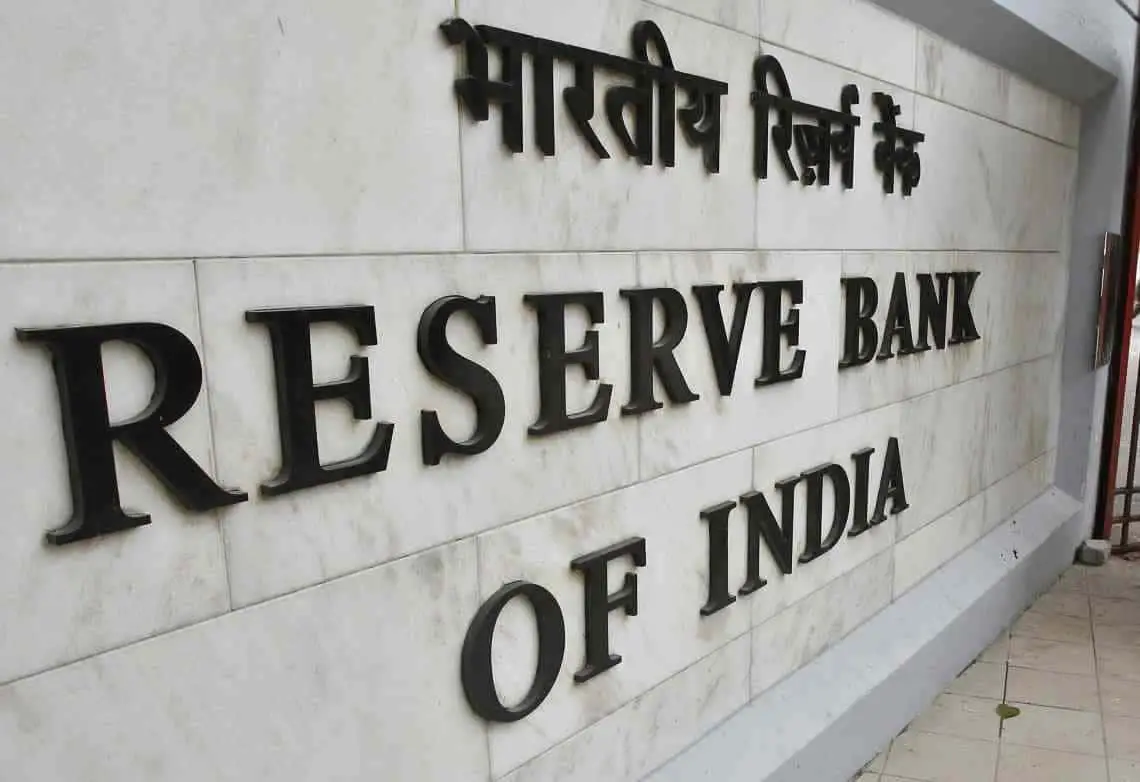RBI conveys its concern over the merging of FPI –NPI route

The Reserve Bank of India [RBI] expresses its concern over the market regulator’s plan that allows combining the investment route of non-resident Indians [NRI] with the foreign portfolio [FPI] investor route, three confidential people related to development stated. As of now, the Central Bank [RBI] is opposing the current form of the proposal because both the modes of inflows which are controlled by the regulations are different and grouping the two might create regulatory confusion.
RBI is worried throughout as what set of rules to apply for non-market investments which are formed by NRI’s via non-resident external Rupee [NRE] route if almost they are combined with the foreign portfolio route. Furthermore, various investment limits are applied to NRI’s and FPIs. It is also a big challenge to monitor investment limits. The Sebi’s ambit includes the off-shore flows of investors, and RBI controls the investments by NRIs.
During the meeting with the HR Khan committee which was commissioned by the Securities and Exchange Board of India [SEBI] the Central Bank officials raised the matter which was scheduled at the end of January. Through the email which was mailed to RBI was not answered.
The HR Khan Committee proposals were accepted by SEBI which included the merging of NRI and FPI route only after the notice by the regulators on April 10 which imported additional controls over the domestic investments by NRIs that created panic within the offshore assets.
Although FPIs can purchase or sell shares in the Indian market using their curators especially the foreign banks, the NRIs can only make investments by using their specified banks. These investments are governed by RBI’s portfolio investment scheme [PIS]. For other investments, the NRE accounts are used which includes investments in real estate purchases and fixed deposits.
There are various possible challenges while implementing the merging of FPI-NRI, and above 2 lakh or more NRIs who maintain fixed deposits and market investments both will be affected, a private person informed it to the consultations. While in the meeting, the RBI officials have expressed their concerns over the issue and urged the HR Khan Committee to address upon the problems and how it can be solved before taking the next step on the issue.
There will be another round of talks with the panel and the RBI officials during the second week of February to take a final decision; the source informed that the Investment limits work separately for both FPIs and NRIs. According to RBI rules, the sectoral cap that is appropriate in a company can be maintained by the FPI. In different sectors, 100 percent of FPI investment is permitted; although in sectors like banking, off-shore funds can behold up to 74percent of investment. In a listed company the NRIs together cannot hold more than 24 percent of the investment. If in-case both the proposals are combined then it will be uncertain so as to what limits should be considered.
The designated banks need to register with the SEBI if both the proposed routes are merged. Several market associates are against the scheme of merging the NRI and FPI routes.
The merging of routes is going to be full of difficulties, and this is unrealistic, another source stated. For instance, to invest the NRIs needs to seek licenses but they open an account with the help of a domestic broker. The tenure of the FPI route license is only for three years and that too with a paid service.
Throughout 2018, there were no specific rules about imposing restrictions over the NRIs investment via FPI route. There was only one condition that the NRI or group of NRIs needed to fulfill that they should not be in control of the fund. If in case the HR Khan Committee plans to merge the two proposals that do not go through then it could affect the NRI flows within the Indian listed companies, one of the market associates mentioned it.




